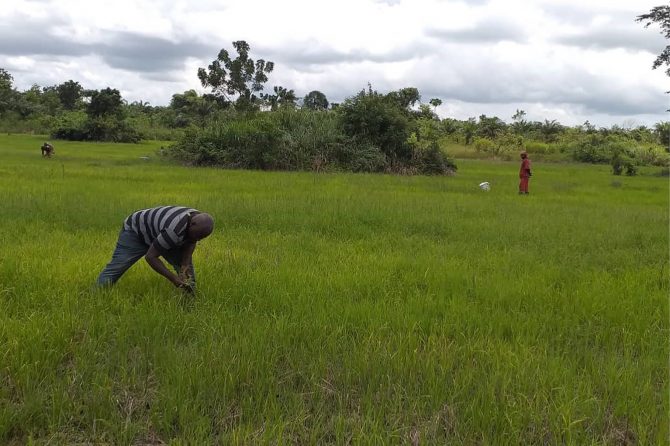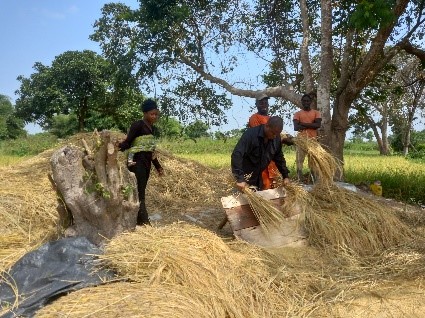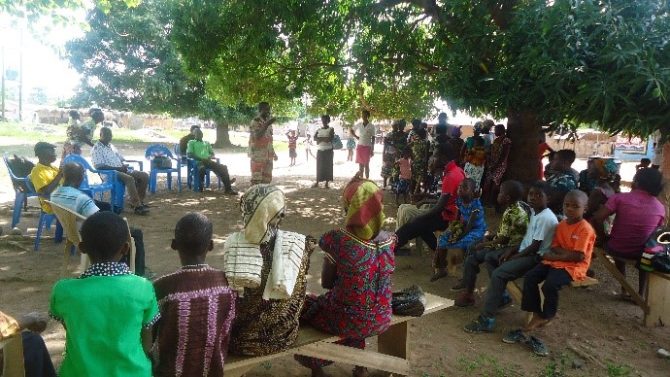SDM Project: Transforming Rice Production along the Weto Range towards Sustainable Socio-Ecological Services
10.03.2024
SUBMITTED ORGANISATION
Accelerated Rural Development Organisation (ARDO)
PARTNER ORGANISATIONS
Department for Food and Agriculture, Ghana Nation Fire and Rescue Services
DATE OF SUBMISSION
31/03/2022
REGION
Africa
COUNTRY
Ghana
KEYWORDS
Conservation, Collaboration, Market Value, Organic rice production, Wildfire prevention
Abstract
The project selected four Traditional Communities; Tafi and Ve were chosen and the project was based in Tafi Mador and Ve Wudome as beneficiary communities. From baseline survey, 80% of community members have fair and varied understanding of conservation. On their incomes, there were varying and conflicting responses using Income and Expenditure approach. Most spend about three times their income. Two project management teams of five each per community were constituted with the help of the Department of Food and Agriculture (DoFA) mindful of sustainability at project exit. Due to no COVID-19 cases in these communities, there was low compliance to the protocols. The project provided education, nose masks and other PPEs and encouraged their use.
Two bush fire volunteer groups were formed, trained and resourced with basic fire-fighting accoutrement and clothing. These communities and adjoining ones had several fire management education. For the first time volunteers in collaboration with the Chief and elders mobilized the community to fight wild fires throughout the night on the mountain range. There is a decline in the use of agrochemical to organic rice cultivation, processing and marketing due to education and sensitisation between ARDO and DoFA. This has resulted in increased snail population and mushroom harvest. The project is contributing to commercial rice cultivation which used to be a subsistence occupation. The project is revamping local brown rice which is said to be more nutritious, draught resistance, higher market value, though yield per acre is lower. Two village savings and loan schemes were facilitated but they have not been as vibrant as expected due to increasing demand on their resources within the communities owing to COVID. It was therefore agreed that the project support the existing groups. A hand book for community engagement for CSOs has been developed and shared among some CSOs and are in used.




